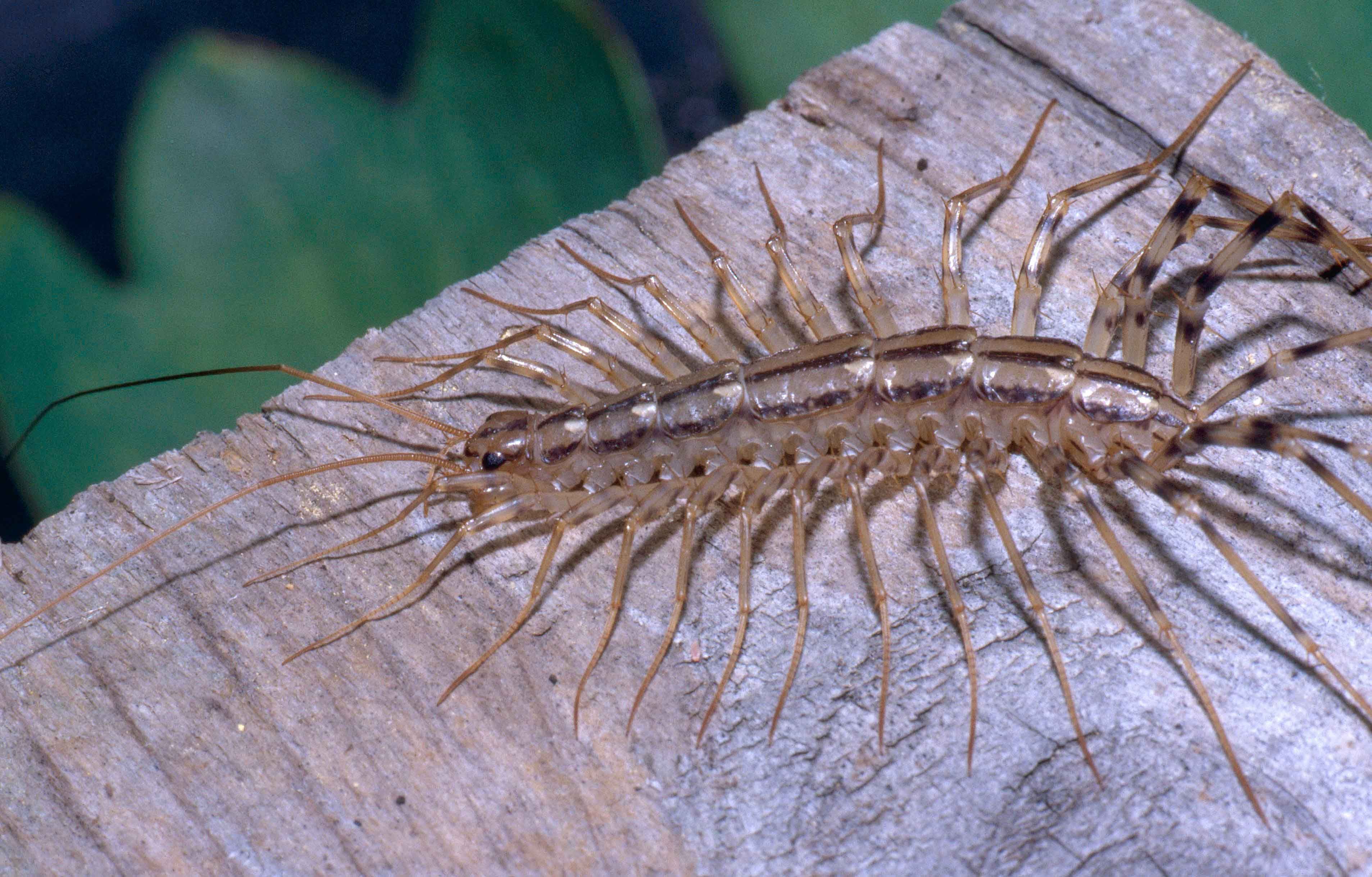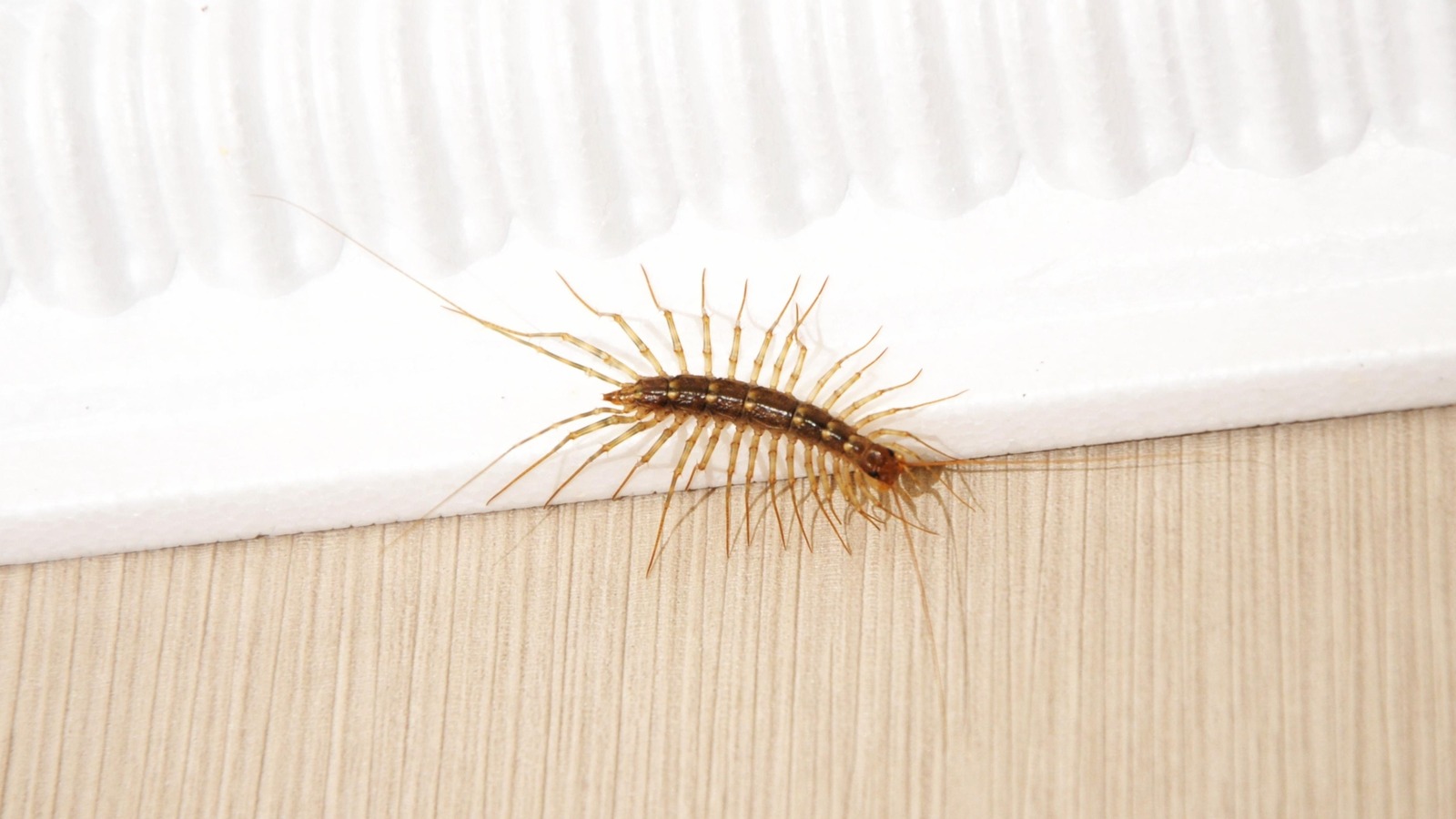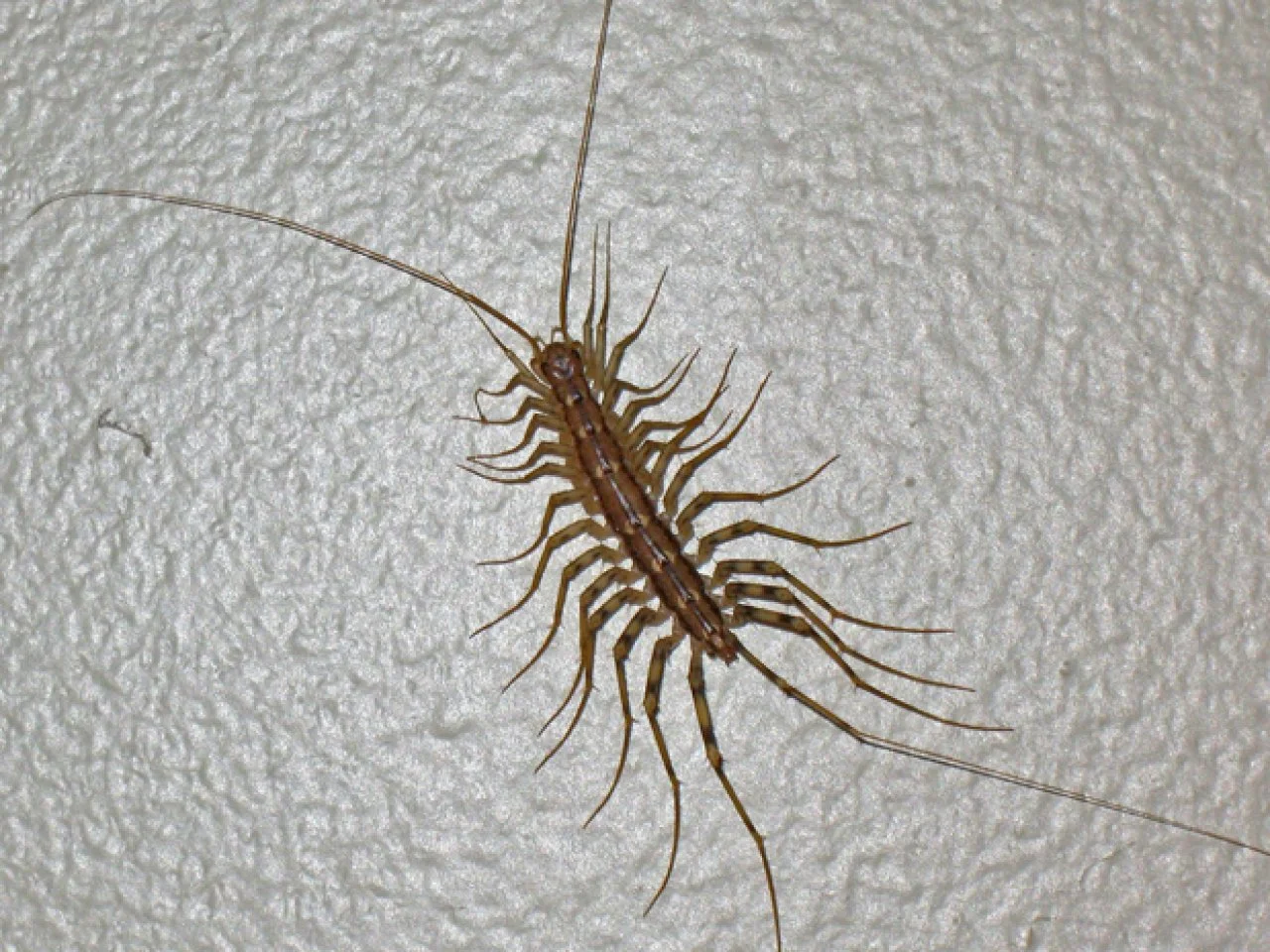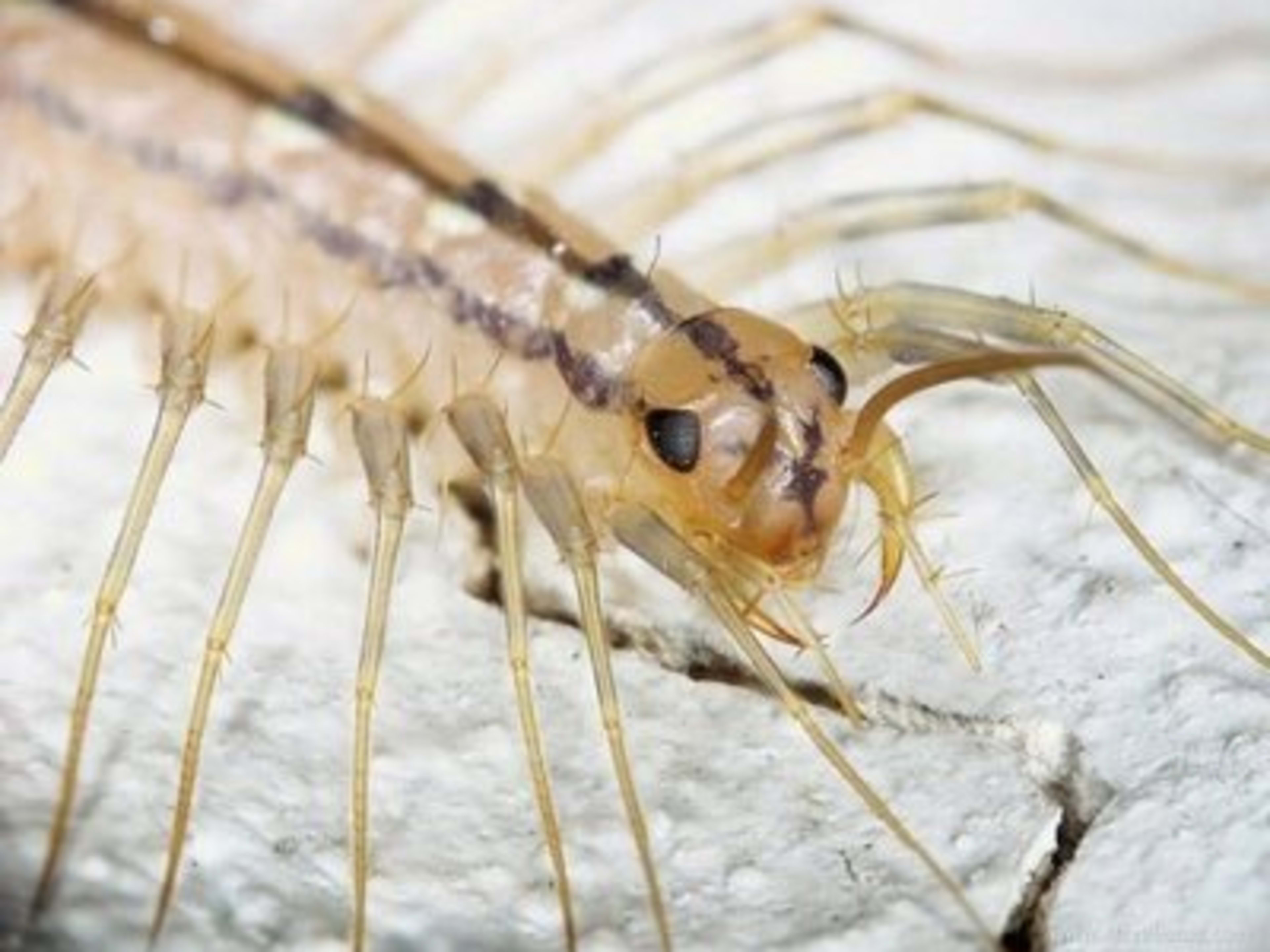
House centipedes are often met with a swift reaction: many people’s first instinct is to squash them immediately upon sight. Their many legs, swift movements, and ability to appear in unexpected places make them one of the most misunderstood creatures in our homes. Yet, despite the initial shock, these seemingly frightening insects are actually beneficial allies. Before you reach for that shoe or fly swatter, consider the important roles centipedes play in natural pest control and why killing them might not be the best choice.
In this article, we’ll delve into why house centipedes deserve more respect and how allowing them to stay can help you maintain a healthier, pest-free environment in a natural, eco-friendly way.
The Role of Centipedes: Nature’s Silent Protectors

Centipedes are predators by nature, and their primary role in your home is controlling pest populations. These creatures feed on insects that can become troublesome in households, such as:
- Cockroaches
- Spiders
- Silverfish
- Bedbugs
- Ants
- Termites (in some cases)
House centipedes are highly efficient at seeking out and eliminating these pests. Their long legs and speed allow them to move quickly, hunting and catching prey that may be hiding in cracks or crevices around your home. In fact, centipedes are particularly effective at controlling cockroach populations, which are notorious for spreading diseases. By keeping pest numbers in check, centipedes help reduce the likelihood of infestations and improve the overall cleanliness of your living space.
Why Killing Centipedes Can Be Counterproductive

The natural instinct for many when encountering a centipede is to squash it. However, before doing so, it’s important to consider the potential impact of removing them from your home. Killing one centipede may eliminate a visible nuisance, but it also removes a valuable natural pest control agent.
Centipedes don’t only target pests that are harmful or bothersome to humans; they also help regulate the balance of the ecosystem within your home. By killing them, you may inadvertently allow pest populations, like cockroaches and bedbugs, to thrive unchecked. These pests could end up being far more difficult to manage than a single centipede. Additionally, some pests, such as cockroaches, can spread harmful bacteria, which may result in health problems like food contamination, asthma, and allergies.
The Surprising Health Benefits of House Centipedes

Centipedes are not harmful to humans in the way many other pests are. Though they can bite, their venom is not strong enough to cause significant damage to humans. The venom in their bite works primarily to immobilize their prey—this allows them to capture and consume other insects. For humans, centipede bites may cause mild irritation, such as redness, swelling, or itching. However, these reactions are generally temporary and rarely require medical attention.
In contrast, other pests that share our homes, such as mosquitoes, fleas, kissing bugs, and fire ants, pose much greater health risks. These insects can transmit diseases, including malaria, Lyme disease, and the plague. By keeping a healthy centipede population in your home, you are actually reducing your exposure to more dangerous pests.
:max_bytes(150000):strip_icc()/housecent-e4f89c346af6452192d27a90668106fc.jpg)





-1747209996-q80.webp)